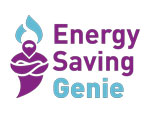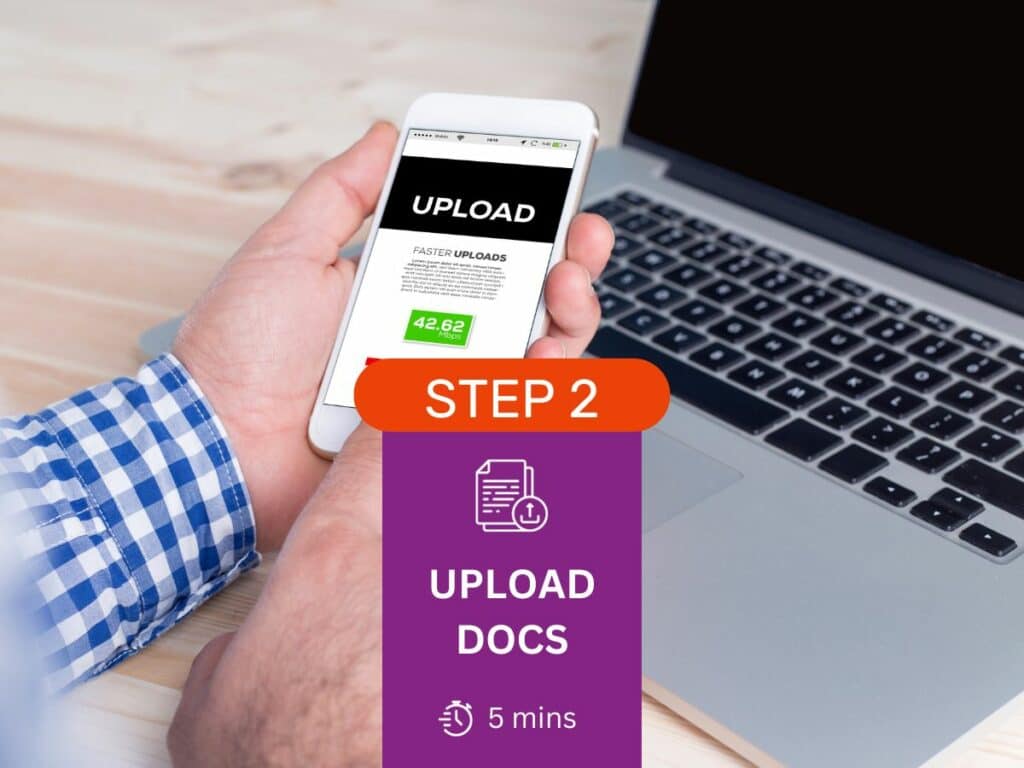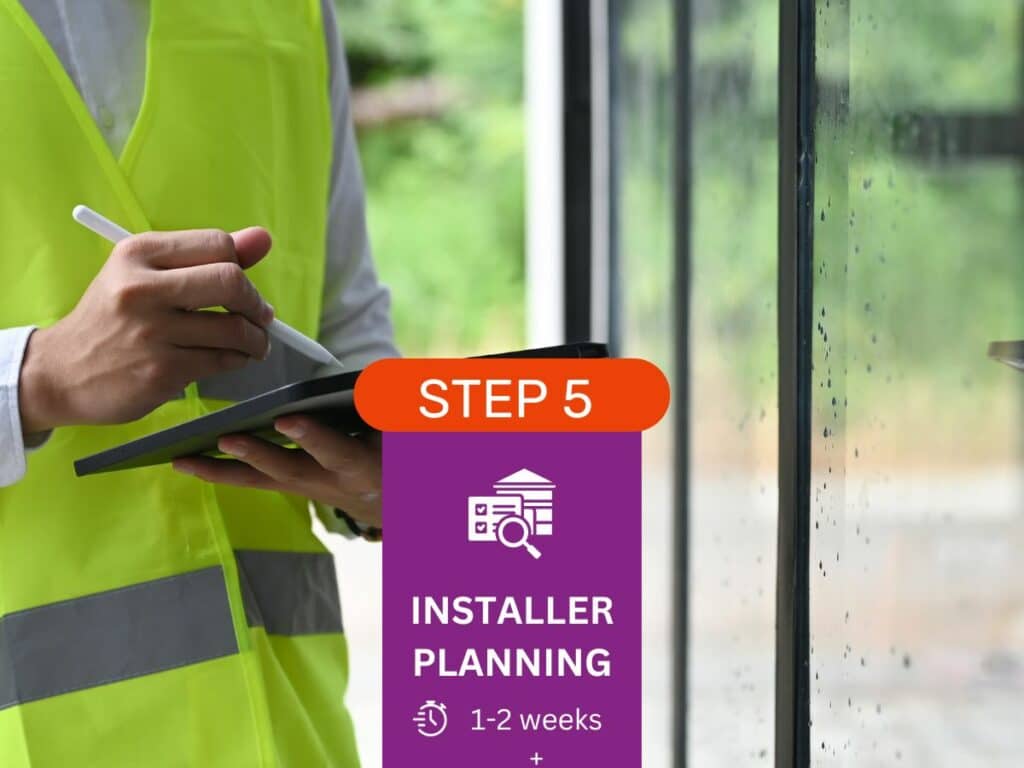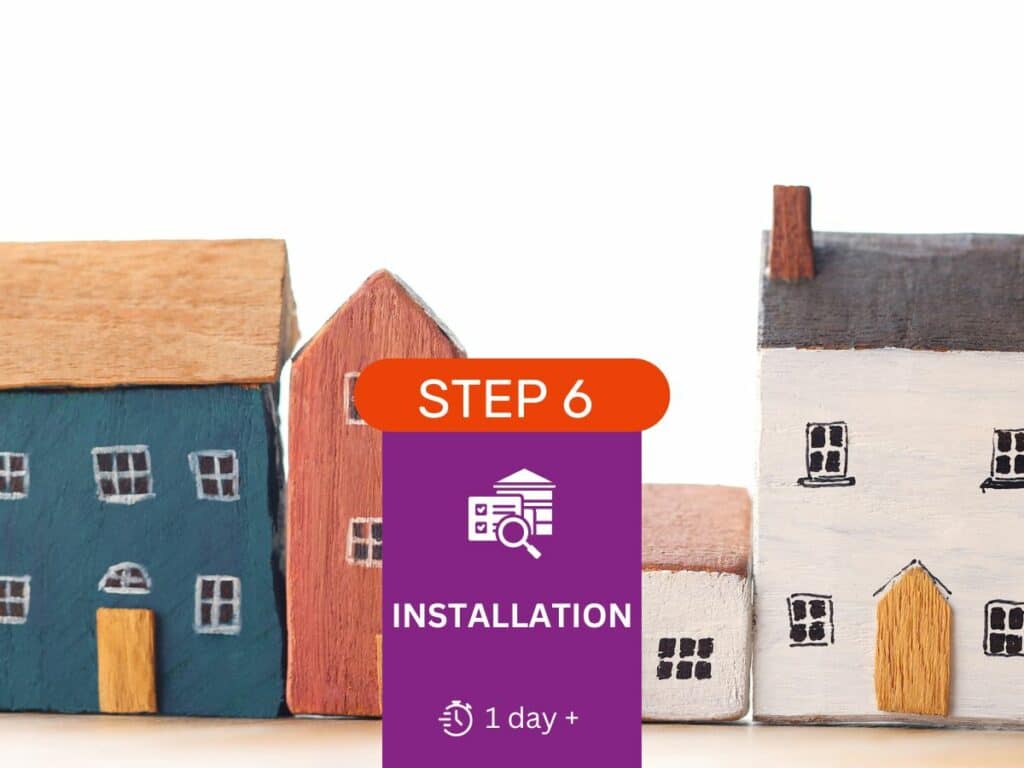In this article:
- What is an ECO Grant?
- What is ECO 4?
- What are the benefits of applying for an ECO Grant?
- What are the steps to apply for an ECO Grant?
- Frequently Asked Questions
- Applying for a grant
If you’re interested in accessing energy-saving grants, you’ve come to the right place. In this post, we will take you through the entire process step by step and explain how to apply for an ECO Grant. From understanding eligibility criteria, to completing the application and giving your application the best chance of approval, we will provide valuable insights to help you navigate the ECO Grant scheme application journey. So, let’s dive in and uncover the path to getting free government grants, while improving your home and lowering your energy bills.
What is an ECO Grant?
The Energy Company Obligation (ECO) scheme is a government initiative that offers grants to make homes more energy-efficient. The grant aims to reduce carbon emissions and tackle fuel poverty by reducing energy bills. Energy suppliers are obligated to offer energy-saving grants, and if they don’t meet carbon reduction targets, these companies will be fined. Eligibility for the grant is based on factors such as your income, receiving benefits including child benefit, vulnerability or health reasons. The grants are available for homeowners and private or housing association tenants, but eligible applicants must also usually have a property with inefficient heating and a low EPC rating that can be improved through installation of energy-efficient heating and insulation.
What is ECO 4?
The Energy Company Obligation scheme started in 2013 and has had four main phases. The current (4th) phase of the scheme is referred to as ECO 4. Our blog The History of the Energy Company Obligation explains the different phases over the years.
ECO 4 started in July 2022 and will run until March 2026, but may close earlier if the energy companies reach their obligation targets. There is £4 billion funding available via the scheme to upgrade UK homes, and currently energy companies aren’t spending enough on the grants, so a large proportion of the £4 billion is still up for grabs.
What are the benefits of applying for an ECO Grant?
1. Reduce energy bills
Applying for an ECO Grant can help reduce energy bills and increase the energy-efficiency of your home. The grant provides funding for home improvements such as insulation, upgraded heating, draught-proofing, and in some cases renewables. By making these improvements, you can conserve heat and reduce your fuel bills, giving you a warmer home and protecting yourself from rising energy costs. The ECO scheme is available for homeowners, landlords, and tenants. Eligibility is based on both the household and property meeting the scheme eligibility rules. The scheme aims to help low-income or fuel-poor households, as well as those in vulnerable situations, to heat their homes.
2. Free installation of insulation, upgraded heating, ventilation and/or renewables
The ECO government grants mean that £4 billion of funding is available for homeowners to help with the installation of insulation, heating, and renewables. The energy companies can decide which grants to focus on to deliver their obligation. To be eligible, homeowners must either claim benefits, have a low income, be vulnerable, or have a health condition. Usually the property needs to currently have a non-condensing boiler or other inefficient heating and/or insulation. If your home already has efficient heating, while ECO4 might not be for you, you could instead look at the new Great British Insulation Scheme, as that focuses on installation. The grants are non-repayable, meaning that applicants do not have to pay any money back at any time (even if you move or if your circumstances change). Eligible properties can receive funding for air source heat pumps, cavity wall insulation, electric storage heaters, first-time central heating, internal wall insulation, loft insulation or room-in-roof insulation (and more). Free replacement boilers are also available where the existing boiler is non-condensing. The amount of funding available is determined by the efficiency of the home, and an energy assessment will be carried out free of charge. These grants can help individuals and families save money on energy bills while also reducing their carbon footprint.
3. Reduced carbon emissions
Applying for an ECO Grant can lead to reduced carbon emissions, as the energy-efficient measures that are installed will make your home use less energy. The scheme helps to achieve this by providing funding to replace old and inefficient heating systems with modern and efficient ones, as well as to install insulation and other energy-saving measures. These measures help households to use less energy, reducing the amount of carbon emissions that UK homes produce. The Government obligated energy companies to pay for the grants, and the scheme estimates ‘annual bill savings’ to measure the increase in energy efficiency. For example, installing loft insulation can reduce heat loss by up to 25%, while upgrading to an A-rated boiler can reduce carbon emissions significantly. By promoting energy efficiency in households, the ECO program contributes to meeting the UK Government’s targets for energy companies, and helps to reduce the country’s carbon footprint.
What are the steps to apply for an ECO Grant?
Step 1: Apply online (23 seconds)
Use Energy Saving Genie’s free grant checker to check eligibility and apply in 23 seconds. If your property is eligible, you will be connected with one of our 30+ registered installers who have contracts with all of the major energy companies that are obligated and offering funding.
Step 2: Provide proof of eligibility (5 minutes)
Once you have completed your application you will be asked for documents to confirm that you and your property are eligible for funding. You can upload the evidence in the secure portal and it will be submitted to the installer. The installer cannot process your application until the required documentation is provided. The evidence requirements are set by the Government and administered by Ofgem rather than the installer, but the installer has to follow the scheme rules.
Step 3: Installer assesses application (48 hours)
The installer can assess the application once they have all the documents and information about your property. They will carry out a desktop assessment to check that the property is eligible for funding and that the minimum uplift for ECO Grants can be achieved.
Step 4: Installer books free survey (5 minute phone call to arrange, then 1-2 hours at home)
The installer will call you to explain the scheme and check that the property qualifies for a grant. If they think the property will be eligible for funding, they will arrange a free, no-obligation survey from a qualified surveyor. The surveyor will visit your property at the agreed time and assess it for grants. They’ll look at your heating, insulation and ventilation, and answer any questions you may have. They may also ask you for evidence of household eligibility such as proof of ownership, or for energy bills.
Step 5: Retrofit coordination by installer – this is the planning and agreement of the installation (14 days)
After your free, no-obligation survey, the qualified surveyor will submit their survey to the registered installer, and the installer’s submissions team will review all of the property information against the grant scheme rules (these can be found on the Ofgem site). The installer will liaise with the energy company and seek provisional acceptance of the grant application. This usually takes at least two weeks as often the installer will need to wait for acceptance for funding internally and externally from the energy company. The installer has to make sure that the application will be accepted, as they don’t get the funding if the application isn’t submitted correctly.
Step 6: Installation takes place
Once the registered installer has completed the survey review and the property has been approved for funding, the installer will contact you to arrange your installation. They will let you know who will be attending and what will take place, and they’ll talk you through the warranties and guarantees and answer any questions you may have.
Step 7: Installer submits application to energy company and warranties and insurance-backed guarantees are issued
Once the registered installer has completed your installation, they will submit the application to the funder on your behalf and claim funding for the installation. They will issue warranties and guarantees to you directly.
Frequently Asked Questions
What is an ECO Grant?
An ECO Grant is financial assistance provided by the UK Government to support energy-saving measures in households, aiming to reduce carbon emissions and improve energy efficiency.
What are the eligibility criteria for obtaining an ECO Grant?
Eligibility criteria for obtaining an ECO Grant vary, but commonly include factors such as income, property type, and existing energy efficiency measures. Use our free grant checker to see if you meet the eligibility rules.
What energy efficiency measures can I get with an ECO Grant?
With an ECO Grant, you can get various energy efficiency measures installed, including insulation, boiler upgrades, heating system improvements, and more. The grants will cover 100% of the costs if your property qualifies. Check what grants you can get here.
How do I apply for an ECO Grant?
To apply for an ECO Grant, just complete our free grant checker. We work with 30+ registered installers who have direct contracts with all the major energy suppliers. We will guide you through the application process and the installer will handle the necessary paperwork.
How much money can I get with an ECO Grant?
The amount of money you can receive with an ECO Grant varies based on factors such as the energy-saving measures chosen, property characteristics, and available funding. There is £4 billion of funding available and for inefficient homes the grants are generous and will cover 100% of the costs.
Where are ECO Grants available?
The grants are a Government initiative and they are available throughout England, Scotland and Wales.
Do I need to claim benefits to apply for these ECO Grants?
You don’t need to claim benefits but if you do the process can be quicker. The following benefits are qualifying benefits:
- Child Benefit*
- Child Tax Credit
- Employment and Support Allowance (income-based)
- Housing Benefit
- Income Support
- Jobseekers Allowance (income-based)
- Pension Credit Guarantee Credit
- Pension Credit Savings Credit
- Universal Credit
- Working Tax Credit
*Income rules apply for Child Benefit applications
If you don’t claim any of these benefits, you could still qualify through the income, health or vulnerable categories which are called ECO Flex routes providing your council has a published Statement of Intent on their website. Our free grant checker will ask you all the key questions to see if you qualify for these very generous and 100% funded grants.
How do I know if I’m eligible for an ECO Grant?
Eligibility for an ECO Grant is determined by factors such as income, property type, and existing energy efficiency measures. Use our free grant checker to check if you qualify and, if you do, you will be connected with registered installers with funding in your area.
What kind of insulation can I get with an ECO Grant?
ECO Grants often cover insulation measures such as loft insulation, cavity wall insulation, and solid wall insulation, depending on eligibility and property requirements.
Are there any other grants available for energy efficiency measures?
Besides the ECO Grant, there may be other grants available for energy efficiency measures, such as local government schemes or specific initiatives from energy suppliers. The grant rules are changing all the time so register for updates to keep up to date with the latest energy-efficiency grant news.
Are there any restrictions on who can apply for an ECO Grant?
Certain restrictions apply to ECO Grant applications, including factors such as property type, ownership, and previous grant usage. Eligibility criteria and restrictions can vary so be sure to spend a minute to see if you qualify.
How long does the ECO Grant application process take?
The duration of the ECO Grant application process depends on factors such as the complexity of the project, installer availability, and the review and approval process. Typically, it takes from two weeks to a few months to complete the application and receive approval. Start the process today in 23 seconds.
Apply for a grant
Check eligibility for grants
Fill in the short form to see if you are eligible for Government grants.











